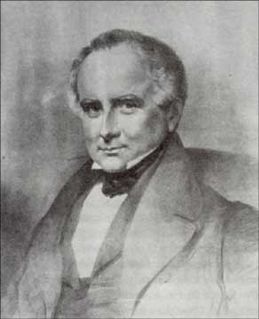A Quote by Arleigh Burke
Any commander who fails to exceed his authority is not of much use to his subordinates.
Related Quotes
A commander-in-chief cannot take as an excuse for his mistakes in warfare an order given by his sovereign or his minister when the person giving the order is absent from the field of operations and is imperfectly aware or wholly unaware of the latest state of affairs. It follows that any commander-in-chief who undertakes to carry out a plan which he considers defective is at fault; he must put forward his reasons, insist on the plan being changed, and finally tender his resignation rather than be the instrument of his army's downfall.
The truth is, the whole administration under Roosevelt was demoralized by the system of dealing directly with subordinates. It wasobviated in the State Department and the War Department under [Secretary of State Elihu] Root and me [Taft was the Secretary of War], because we simply ignored the interference and went on as we chose.... The subordinates gained nothing by his assumption of authority, but it was not so in the other departments.
The commander must be at constant pains to keep his troops abreast of all the latest tactical experience and developments, and must insist on their practical application. He must see to it that his subordinates are trained in accordance with the latest requirements. The best form of welfare for the troops is first-class training, for this saves unnecessary casualties.
No president who performs his duties faithfully and conscientiously can have any leisure. If he entrusts the details and smaller matters to subordinates constant errors will occur. I prefer to supervise the whole operations of the government myself rather than entrust the public business to subordinates, and this makes my duties very great.
The individual man, in introspecting the fact of his own consciousness, also discovers the primordial natural fact of his freedom: his freedom to choose, his freedom to use or not use his reason about any given subject. In short, the natural fact of his "free will." He also discovers the natural fact of his mind's command over his body and its actions: that is, of his natural ownership over his self.
The judge's authority depends upon the assumption that he speaks with the mouth of others. That is to say, the momentum of his utterances must be greater than any which his personal reputation and character can command, if it is to do the work assigned to it - if it is to stand against the passionate resentments arising out of the interests he must frustrate - for while a judge must discover some composition with the dominant trends of his times, he must preserve his authority by cloaking himself in the majesty of an overshadowing past.
It is the duty of a prudent minister of God to hold his ministry in honor and to see to it that it is respected by those who are in his charge. Moreoever, it is the duty of a faithful minister not to exceed his powers and not to abuse his office in pride, but, rather, to administer it for the benefit of his subjects.



































